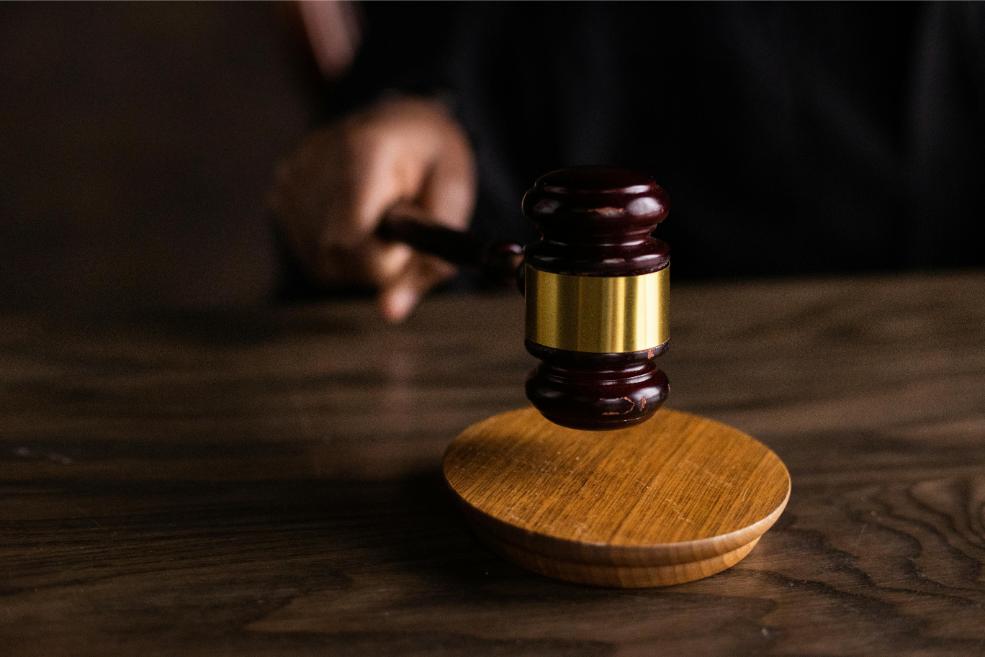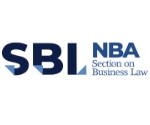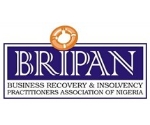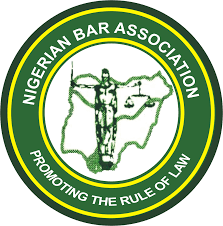What is Passing Off? Definition, Defenses & Remedies Available
Passing off is the act of false representation of one’s products or services as belonging to another brand to secure patronage from potential customers. It entails the act of deception and misrepresentation to gain undue advantage using the goodwill of another business.
This is usually done by making use of the unique identifier of the more established and trusted business such as the logo, mark, or name of the more established business. This principle is founded in the law of torts to prevent unfair competition and undue advantage.
Passing Off vs. Trademark Infringement
As much as there exists similarities between Passing Off and Trademark Infringement in that both concepts seek to protect the unique identifiers of businesses such as the name, logos, marks etc., there also exists differences between both legal concepts which are:
- Passing off protects unregistered marks which are identifiable with a particular business; trademark on the contrary protects the registered marks, logo, and name of a business. To enjoy legal protection under trademark, the logo, name, sign, or mark of a business must be registered as a trademark in accordance with the law.
- Passing off action is a remedy provided under the rules of common law and principles of equity that protects the goodwill of a particular business; trademark on the flipside is a remedy provided by law (Trademarks Act) which is conferred on the owner of the trademark.
What are the Key Elements of Passing Off?
To succeed in a passing off claim, the three-pronged test regarded as the “trinity test” must be proven by the claimant. These are:
Existence of a Goodwill or Reputation: This is very cardinal and key to success in a passing off action. The business alleging passing off must establish that it owns the goodwill and reputation in the mark, sign, logo attached to the goods or services in question which is being offered to the public.
The meaning of what constitutes “goodwill” has been a subject of controversy in certain instances and it has now been subject to judicial interpretation. “Goodwill” is defined as “the benefit and advantage of the good name, reputation, and connection of a business. It is the attractive force which brings in customers”.
Misrepresentation/Deceit: The business claiming passing off must equally establish that there has been a misrepresentation or deceitfulness which has caused or may cause the public to believe that the goods and/or services being offered belongs to the claimant.
Damage: The claimant must establish that it has suffered or is likely to suffer loss or damage resulting from the passing off action. This damage includes reputational damage and/or loss of profit.
These elements of passing off are conjunctive and not disjunctive, therefore, all three must be established for a passing off action to be successful.
Available Remedies in a Passing Off Action
Where a business has successfully established the three elements of passing off, it may be granted the following reliefs:
- Damages: This is the monetary compensation for the loss suffered by the business because of the passing off. The defaulting business would be ordered by the court to pay compensation to the claimant for the loss suffered or as a punitive measure to prevent future occurrence.
- Injunction: The court may also make an order to prohibit further use of the mark, logo, name or goodwill belonging to the more established business by the defaulting party.
- Destruction of the infringing Goods/Items: The court has the power to order the defaulting party to deliver the infringing goods/items for destruction by a designated officer of the court or police.
- Rendering of Account: The defaulting party may equally be ordered to render account of the total infringed goods/items sold. This is sometimes done to ascertain the level of loss suffered by the claimant and the monetary compensation payable because of such loss.
Defenses Available in a Passing off Claim
In an passing off action, the business being alleged to have committed the passing off could put up the following defenses:
- Establish that the claimant consented to the use of the name, mark, logo, goodwill etc.
- Establish that the name, logo, slogan, mark, or letter is not exclusive to the claimant.
- Proof that the name, logo, mark or letter is open to use by the members of the public and not just the claimant.
- Proof that the name, mark or unique identifier was used innocently, without any intent to deceive or steal the claimant’s customers.
Conclusion
Passing off is the legal protection to the unregistered unique identifiers of a business. It is usually advisable to register any unique identifier as a trademark to access the benefits and legal protection available under the Trademarks Act.
Where this is not done, a passing off action is a fall-back option to protect the goodwill of the business.
Berkeley Legal is a leading business law firm in Nigeria. We provide comprehensive and sophisticated range of specialized and personalized legal services that are designed to meet the various needs of highly diversified local and international businesses.
If you would like to know more about the Passing Off, please contact info@berkeleylp.com
The information provided in this article is for general informational purposes only and does not constitute legal advice.







